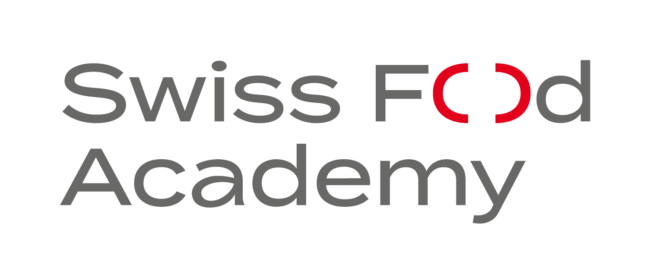In Switzerland, 60,000 children suffer from medical complications due to poor eating habits. One in six children is overweight and at high risk of cardiovascular disease.
The challenge for the education system is considerable. Schools are indeed important relays and levers for behavioural change. They clearly have a role to play in promoting health, raising awareness of the natural environment and educating for sustainable development. It is therefore important to teach children about the world of food and its impact on their health and natural environment.
The “Paprika” project proposes concrete actions to schools for an education in sustainable development. Children from 8 to 12 years old discover, understand and reflect on the world of food and act positively for their health and their environment.
The “Paprika” project involves three stakeholders: the school and its teaching staff, the children and the families.
The objectives of the “Paprika – my school committed to healthy and sustainable food” project are :
- To accompany Geneva’s primary schools in the food transition and help them promote healthy and sustainable food among their students
- To provide students with direct and appropriate access to the world of food and to impart knowledge and key skills with the aim of empowerment and responsibility
- Raise awareness of sustainable development objectives through the filter of food in order to develop critical consumer thinking
- Promote anti-waste gestures and contribute to the preservation of the natural environment
- Strengthen the link between town and country and enhance the value of the region through meetings of food actors in schools
The ethnologist Claude Levi-Strauss said: “It is not enough for food to be good to eat, it must also be good to think about”.



